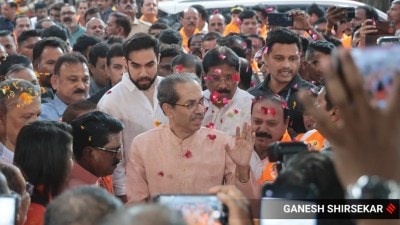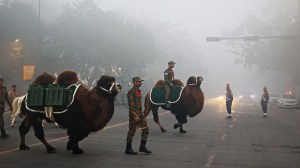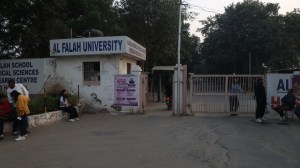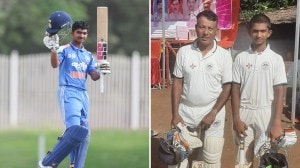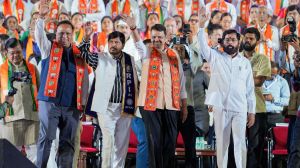It146;s developing nations versus developed
Under pressure from developed countries to ease tariff on agriculture items and allow greater foreign investment, India held its ground on D...

Under pressure from developed countries to ease tariff on agriculture items and allow greater foreign investment, India held its ground on Day Two of the WTO fifth ministerial conference and managed to forge a new alliance of 16 countries.
The new group has decided to block any discussion on what are now called the Singapore issues and consist a list of items, including free foreign investment in countries, free competition, transparency in government procurement and trade facilitation.
India8217;s club of 21 countries have not only stuck together on agriculture issues but have told developed countries like US and EU to slash their agriculture subsidies, saying these were responsible for distortions in global trade in agriculture.
And the club has a new member, Turkey, whose entry into the G-21 is a significant development 8212; it8217;s waiting for formal inclusion in the EU but has decided to join ranks with the group opposing US and EU agriculture subsidies.
The US and EU dole out in excess of 300 billion annually as subsidies, the main reason why farmers in developing countries have to go for distress selling. There has been enough drama at Cancun. Press conferences called to announce the alliance of G-16 have been packed with even the media applauding at the end. The bid by the developing countries to carve their own space has had their supporters distributing badges, bands and T-shirts carrying the 8216;8216;explicit consensus8217;8217; message: no discussion on issues like foreign investments until there8217;s explicit consensus between countries.
The formal grouping like the G-21 today forced the EU and US to discuss issues threadbare with trade ministers of these countries to try and find common ground. The meeting on agriculture was conducted by Singapore Trade Minister George Yeo, acting as the facilitator on agriculture issues.
Consensus eluded these meetings but one thing was clear: the US and EU have asked developing countries to bring on the table what they were willing to negotiate by way of reduction in agriculture tariffs if the US agreed to reduce subsidies.
The developing countries have maintained that since agriculture trade globally has been distorted by these countries, they were morally wrong in asking for concessions to correct their own faults.
WTO spokesman Keith Rockwell said delegations were 8216;8216;playing their poker cards close to their chest8217;8217; but they will hear proposals from a WTO-appointed mediator for a very preliminary compromise.
- 01
- 02
- 03
- 04
- 05


